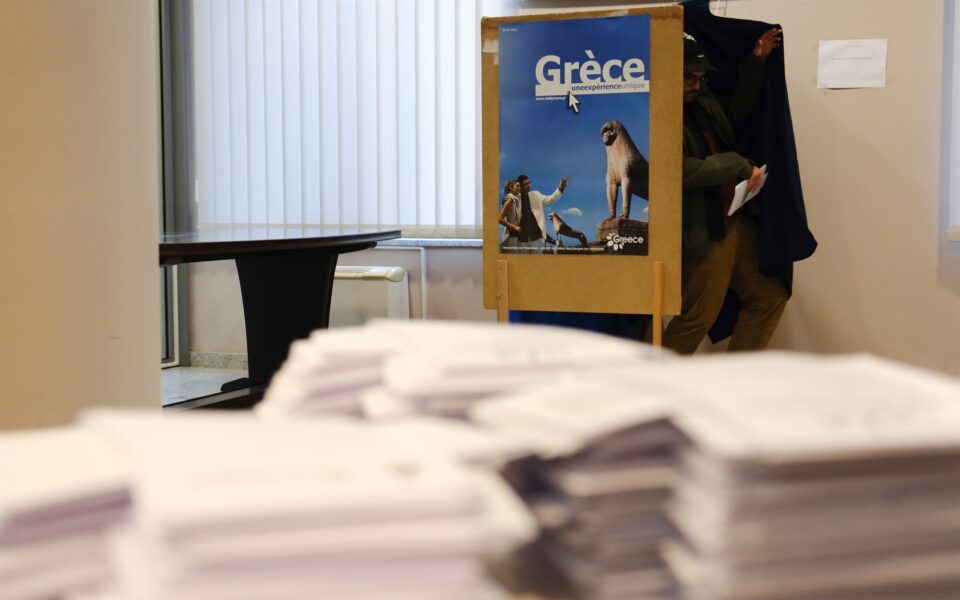Plato’s Allegory of the Cave and the diaspora ‘innocent fraud’

John Kenneth Galbraith in his book “The Economics of Innocent Fraud” portrayed his lifetime of experience in the public and private sectors with a scathing critique of matters as they stand today. Notably, he sounded the alarm for the increasing gap between reality and “conventional wisdom” and how we have reached a point where we have surrendered ourselves over to self-serving belief and “contrived nonsense” or, put more simply, innocent fraud. This has come at the expense of the economy, effective government, and the business world.
There are some parallels with his thinking and Plato’s Allegory of the Cave, which is one of the greatest stories of philosophy and explains the existence of the two worlds, namely the sensible world (which is the one known through the senses) and the intelligible world (which is perceived through knowledge without the intervention of the senses), very much in alignment with Galbraith’s distinction between reality and “conventional wisdom.” Deception (or innocent fraud) is a driver for this distinction that can have a profound impact on human life according to Plato, as superficial viewpoints that are not subjected to questioning give rise to the prevalence of falsehood in perpetuity.
Evidence shows that a few societies manage to advance to the stage of an intelligible world of liberation, which is achieved through questioning, research and study. Indeed, this varies across national boundaries according to various social and economic indicators (e.g. economic freedom, corruption, ethics and justice, democracy status, and others). For example, Australia, which hosts a large Greek diaspora, would be considered on the basis of such performance indicators to be part of the intelligible world in comparison to the sensible world which characterizes Greece. The recent Greek elections provided some insights as to how people can choose to oscillate between these two worlds under the influence of a political landscape that fosters the sensible (Greece) rather than the intelligible (Australia).
Greece has been characterized for many years by politicians making statements or making proposals without any evidence-based support whatsoever, generating uncertainty and unease in society
Beyond the Greek elections that were characterized by Greek diaspora voter apathy, the pressure that needs to be applied on Greece is on policy formulation, which is consistent, and meets benchmarks of best practice, with those of the intelligible world, and not the sensible world of clientelist politics. Intelligible public policy is related to making decisions that affect a community or nation in one way or another, depending on their impact or scope. In this sense, policy and/or law reforms need to be based on planning, study, analysis, consultation and consensus, among other factors, that ensure absolute coherence and transparency. Greece has been characterized for many years by politicians making statements or making proposals without any evidence-based support whatsoever, generating uncertainty and unease in society, leading to serious public order problems, disagreements, attacks against the institutions and the people who represent them.
Putting aside the inherent bias in the discussion that bureaucratic obstacles on their own have led to diaspora voter apathy is an argument which is not evidence-based, and thus lacks coherence. If we feel as a diaspora that the Greek bureaucracy has contributed to this result of voter apathy, then as a diaspora beyond the elections we ought to also address our “scathing” criticism on all aspects of bureaucracy that have been created by Greek governments. Otherwise we simply oscillate as voters from an intelligible to the sensible world as described by Plato in the Allegory of the Cave and John Kenneth Galbraith in his book “The Economics of Innocent Fraud.”
Dr Steve Bakalis is an expert on international business education and management. He has held adjunct appointments with the Australian National University, the University of Adelaide, and appointments in universities of the Asia Pacific and the Gulf Region.





